For over 40 years, Ruotolo Associates Inc. (RA) and Meitler have independently served clients across the country as mission-driven, impact-oriented partners. We share an unwavering commitment to the people, purpose, and promise of the institutions we are trusted to serve.
In recent years, since becoming partner companies within Collegium, we have introduced the opportunity for clients from one firm to work with the other, crafting seamless transitions from Meitler's planning to Ruotolo Associates’ philanthropic counsel to amplify and accelerate their progress and impact. Now, in the spirit of innovation and inspired by the potential of generative partnership – a Collegium core value – we’re ready to offer our clients even more.
We are pleased to introduce a strategic alliance between Ruotolo Associates and Meitler, providing clients with a single source for comprehensive counsel from planning to fulfillment.
Organizations that partner with us will find the data-driven innovation of Meitler’s planning paired with RA’s comprehensive philanthropic counsel and search services. This partnership will enhance and enrich our service offerings, providing expanded opportunities within all market segments.
Led by the newly appointed Chief Operating Officer of Ruotolo Associates, Steve Michalek, and the recently named Managing Director of Meitler, Angela Gunderson, our joint offerings – from counsel to speaking engagements, webinars, and white papers – will include the nationally recognized expertise of both firms.
This generative partnership brings together all the experience of our history with the vision and innovation to lead nonprofits into a promising future.

 Meitler recently announced that Tom Heding was stepping down as the head of our company and that I was selected to become the third Director of this 50 year-old institution. For those who have not had the opportunity to work with me personally, I want to share some of my thoughts about the importance of Catholic schools and parishes and my vision for sustaining these pillars of the Catholic Church for the next generation. Meitler always starts its work with a new client by articulating the client’s vision for the institution, so it is only appropriate that I share my vision for Meitler under my leadership.
Meitler recently announced that Tom Heding was stepping down as the head of our company and that I was selected to become the third Director of this 50 year-old institution. For those who have not had the opportunity to work with me personally, I want to share some of my thoughts about the importance of Catholic schools and parishes and my vision for sustaining these pillars of the Catholic Church for the next generation. Meitler always starts its work with a new client by articulating the client’s vision for the institution, so it is only appropriate that I share my vision for Meitler under my leadership.